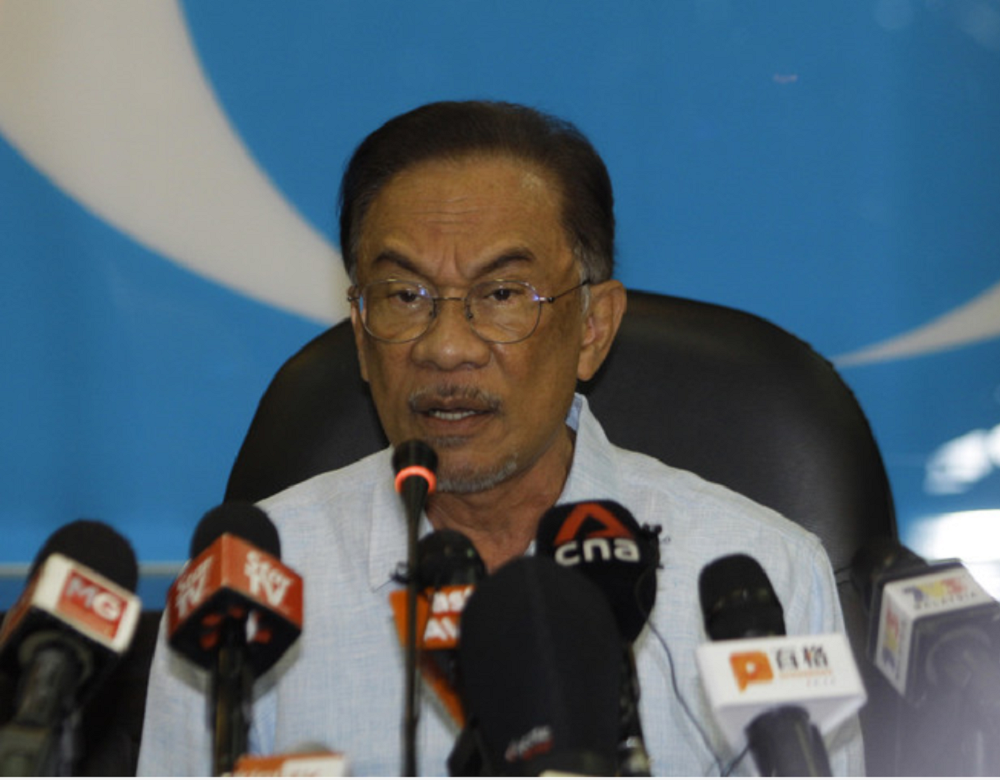KUALA LUMPUR, June 23 — PKR president Datuk Seri Anwar Ibrahim said he would not accept Pakatan Harapan’s proposal for him to succeed Tun Dr Mahathir Mohamad as prime minister after six months as the arrangement would come at a heavy cost to the country.
In an interview with Channel News Asia, the federal Opposition leader said the short transition would mean at least half a year of uncertainty over matters such as the permanence of the Cabinet and policies introduced.
“You have six months when you are not able to focus on reforms and the economy,” Anwar said emphatically.
When the interviewer asked him if there was any way he would consider working with Dr Mahathir as the latter’s deputy, Anwar pointed out there have already been two Mahathir administrations.
Anwar expressed his belief that Malaysia needed to move on at this point and that Malaysians as a whole deserved “something better” after being plunged into disillusionment with the country’s politics.
“It is not a question of personalities, but a question of an opportunity to begin anew; a fresh start.”
Despite his insistence that Dr Mahathir should not return as the prime minister for a third time, Anwar said he was not opposed to an advisory role for the former, possibly in the shape of senior minister or minister mentor as was practised in Singapore when Lee Kuan Yew stepped down.
PH and its allies in the grouping dubbed “Pakatan Plus” are deadlocked over their choice of candidate to be prime minister, with PKR adamant that it would only accept Anwar while the rest continue pushing Dr Mahathir as an interim compromise
Yesterday, DAP and Amanah sought to convince Anwar and his party to accept the deal by saying the agreed transition and timeline would be formalised in a written agreement.
Anwar’s reluctance may stem from Dr Mahathir’s previous term as the prime minister, when the latter repeatedly delayed his promise to relinquish the post to his former deputy by simply insisting he would honour the pledge eventually.
Lawyers also told Malay Mail yesterday that they did not believe such an agreement would have any effect in law as the matter of prime minister’ appointment and resignation was already codified in the Federal Constitution.
Dr Mahathir resigned as the prime minister in February to trigger the collapse of the PH administration, which then allowed Perikatan Nasional to seize control of the federal government unelected.
Since then, however, he has mounted a campaign to be reappointed in the position.
Prime Minister Tan Sri Muhyiddin Yassin is also rumoured to be considering an early general election both to secure his personal mandate and to dispel views that his administration was a “backdoor” government.



















